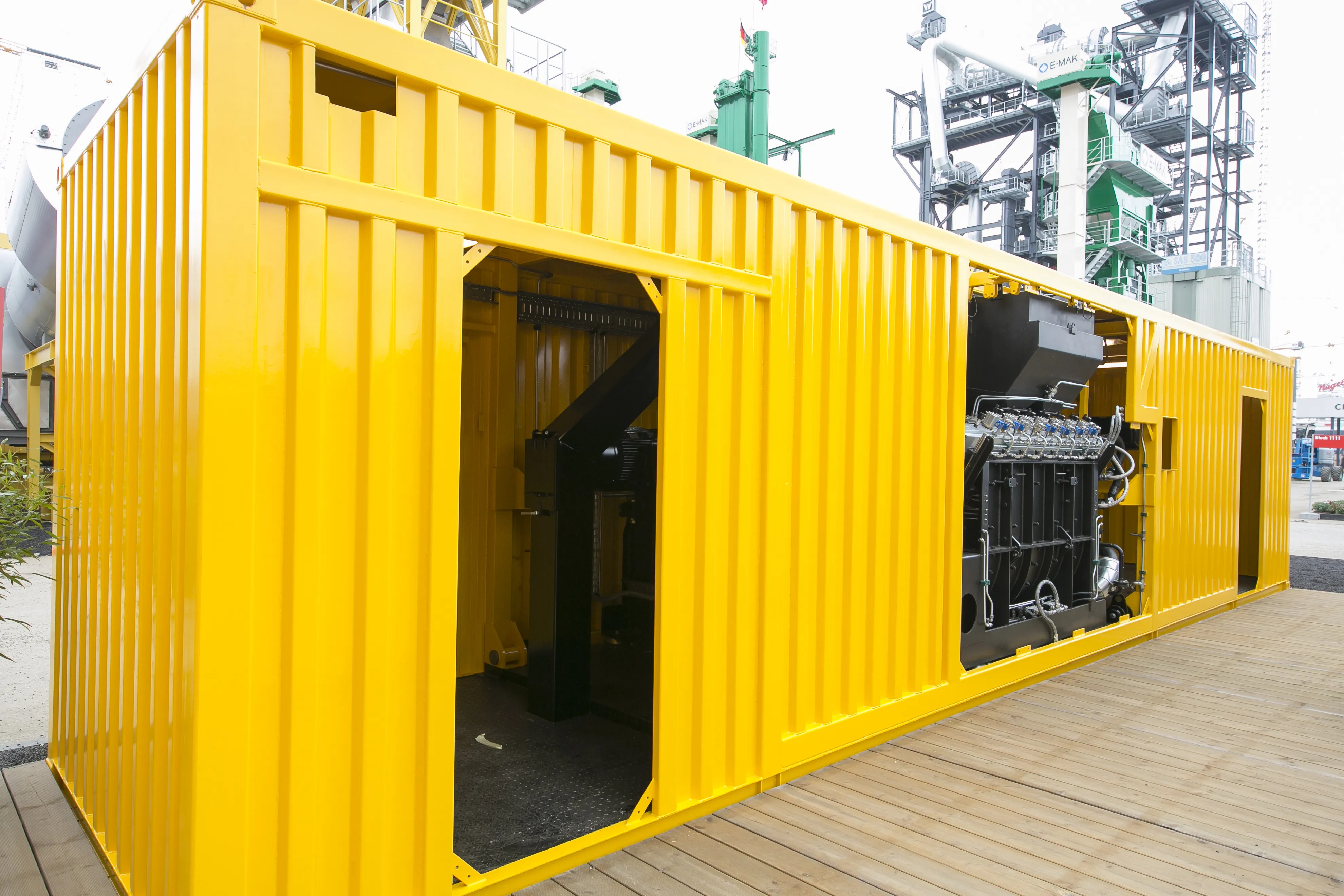
At bauma 2016, the system is integrated with the company's CSD 3000 plant, which can produce both hot and warm mix asphalt depending on demand at the job site. The system produces a smooth and stable foam for optimum mixing results at low temperatures. The lower temperature capability results in 40% energy savings, as well as 35% savings on both CO2 and bitumen emissions.
The LEP 95 system can be retrofitted to existing Lintec plants or those of other manufacturers. Lintec is an export-oriented company, focusing on markets such as the Middle East, Russia and Brazil where the mobility of its systems are an advantage.








